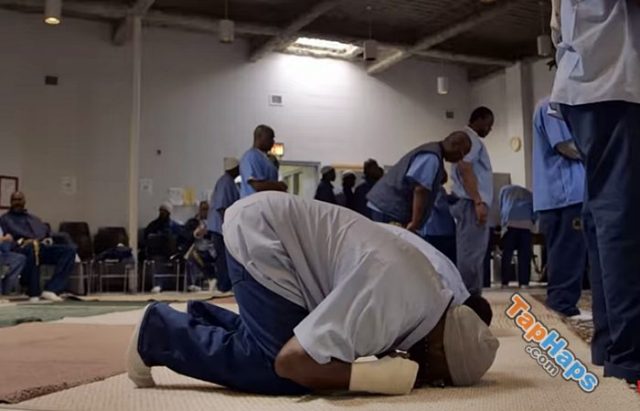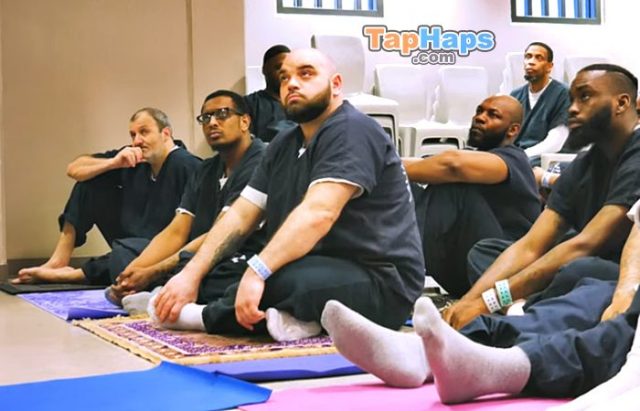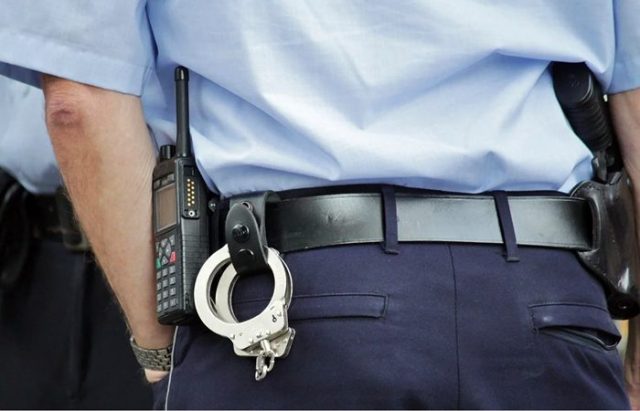After being strip-searched by a transgender guard, a Muslim inmate filed a lawsuit, claiming that his religious rights were violated. In one of the most complex cases of individual rights, a judge has finally issued a ruling.

For years, the controversial and equally complex case of Muslim convert Rufus West has circulated the judicial system. Not only have justices contemplated the consequences of a ruling for the individuals involved but also the long-term ramifications such a precedent will set for future cases.
There has been no shortage of cases highlighting the alleged discrimination of transgender persons as well as those defending the religious liberties of Muslims in America. However, it was only a matter of time before the two groups collided in a monumental battle of individual rights.

After converting to Islam, Rufus West began raising complaints about being seen naked by a certain prison guard. Transgender guard Isaac Buhle had been open with the inmates about being born female and later transitioning to male. However, due to West’s newfound faith, he felt conviction in undressing in front of an individual he believed is and always will be innately female.
West insisted that Sharia law dictates that followers must not be seen nude by a member of the opposite sex, excluding their spouse. He filed a lawsuit labeled West v. Kind under the Religious Land Use and Institutionalized Persons Act (RLUIPA), claiming that he has a religious exemption from the general policy of the prison concerning searching inmates.
“Although Buhle was assigned female at birth, he identifies as a man,” but “[West] asserts that Islamic law prohibits the plaintiff from exposing his nakedness to anybody, but especially to females, as defined by genitalia at birth.”

While RLUIPA allows exemptions from certain rules that apply to the general population, such requests may be denied if a denial turns out to be a lesser restrictive means of serving a compelling government interest. As such, West had to convince the court that giving him exemption from being strip-searched by a transgender guard wouldn’t cause issues for the department of corrections.
In a monumental ruling that took years to decide, Eastern District of Wisconsin Judge Pamela Pepper ruled against West’s claim to religious exemption, confirming that he doesn’t have the right to opt-out of being strip-searched by a transgender guard. Judge Pepper declared that allowing inmates to decline searches based on “their perception” of the guard’s gender would make it “logistically impossible” for employees to perform crucial tasks, Reason.com reports.

Initially, Judge Pepper concluded that, in order for an inmate to determine with certainty that a guard is transgender, they would have to either view the individual’s genitalia or previous medical records, both of which would violate the guard’s right to privacy.
They say that “[i]f specific duties were dependent on the staff’s private medical information, inmates are likely to be able to determine personal information about staff that should remain confidential.”
Judge Pepper sided with the defendants’ argument that such information in the hands of inmates could be dangerous, as prisoners may use their knowledge of private information for blackmail purposes.
They say that if inmates could learn about a staff member’s medical information, it could put that staff member at risk for harassment and abuse, make staff vulnerable to threats of blackmail and could create the potential that inmates could “try to take advantage of a situation in which they can control which staff are permitted to strip search them based on any nuance found in their stated religious beliefs.”

The case sets a major precedent in the debate over religious and transgender rights, but it certainly doesn’t resolve the issue. For example, had the judge ruled in favor of West, Buhle may have filed a discrimination lawsuit.
Although West losing his case means that he will continue to feel religiously violated, the ruling goes far beyond his personal experience. Now, transgender prison guards may have the upper hand over the religious exemption of inmates.
Source: Tap Worthy Happenings
0 Comments